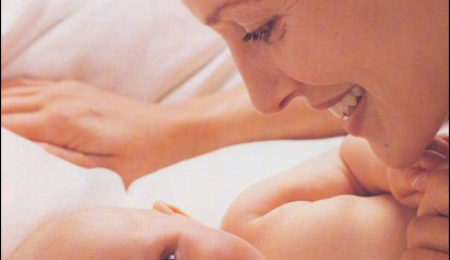Why Mama Is A Universal Word For All Babies?

One world and so many languages, but even above all the language barriers, there is a universal world and that is Mama. To our surprise, this universal world does not spring from love or affection for the mother but because of two different reasons. One is lazy little baby mouths.Â
According to a study conducted by Russian linguist Roman Jakobson, easiest vocalizations for a human to make are open-mouth vowel sounds. Babies start making vowel sounds since the day they are born. As they grow up and further begin to test easier consonant sounds, they start with sounds that can be made with closed lips such as /m/ /p/ /b/. The little creatures beckon their energy to push out that new consonant sound “MMMM” and then relax into an open mouth vowel, usually “ah”. When you combine that with a baby’s babbling,” you get “ma-ma”, “ba-ba” “pa-pa,” and so on.
The reason behind babies gravitating to the sound m instead of p or b is the mother’s breasts. As adults, we associate something yummy with the sound ‘mmm’, so do babies. While being wrapped around their mother’s warm breast for milk, the m sound is the easiest for the babies to make.
According to the research, when the baby calls out Mama, he does not refer to his mother or father, but food. Â The study predates the feminist movement and hardly talks about the role of men as primary care providers.
The baby’s premature pattern of speech further develops and is rearranged by parental guidance. Thus, later the speech reflects the particular language and gradually Mama and Papa begin to represent actual people in a child’s life.
[source:Â theweek.com ]
























